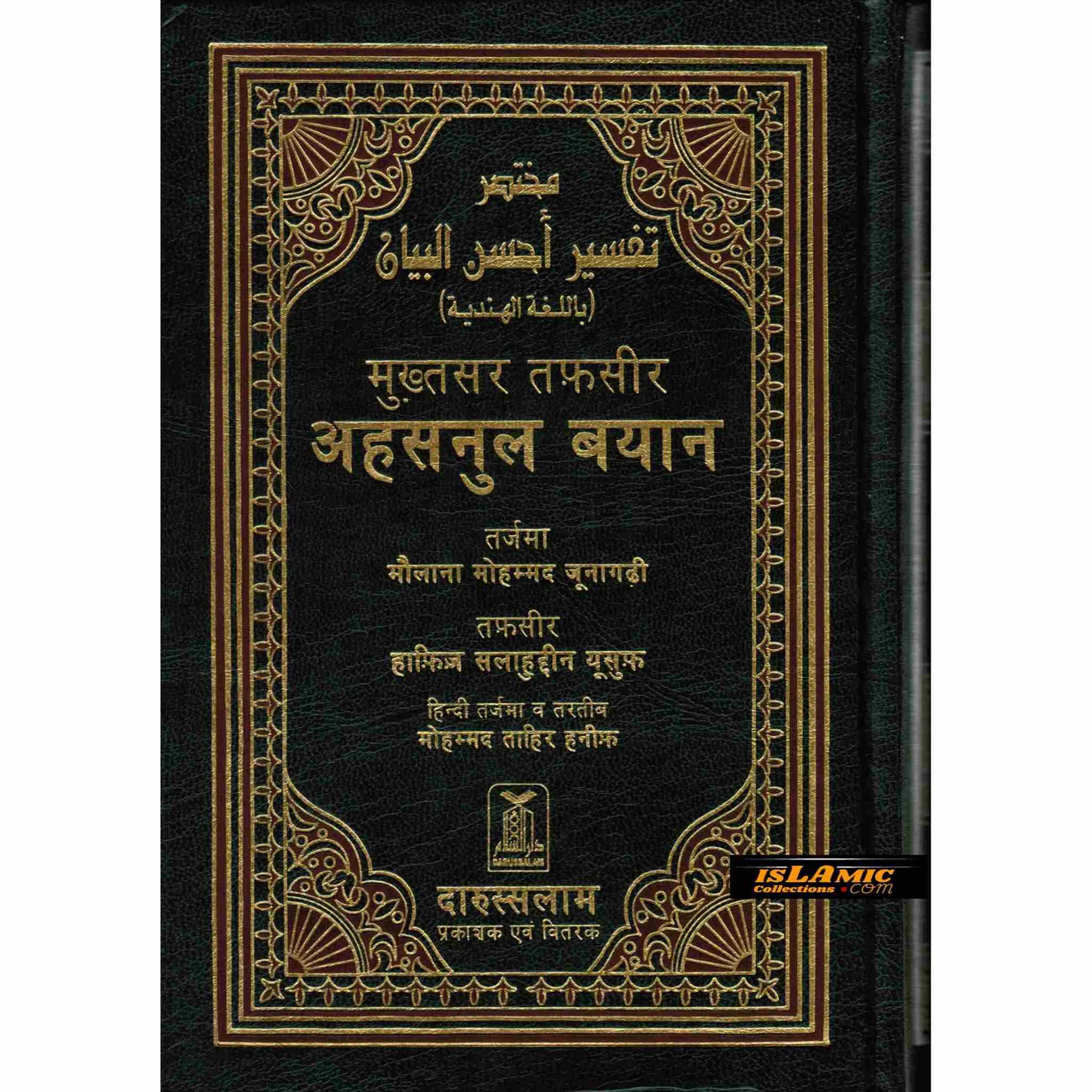A Summary of Imam al-Ghazali’s The Revival of Religious Sciences (4 Volumes)
Imam Abu Hamid al-Ghazali is one of the world’s greatest scholars in Islamic history. His magnum opus, Ihya Ulum al-Din (The Revival of Religious Sciences), has lighted up the hearts of Muslims for more than nine centuries. In it, he skillfully integrates theology, spirituality, ethics, and ordinary life making the practice of Islam come alive in the most comprehensive sense of the word.
This 4-volume summary of Ihya Ulum al-Din provides a distilled yet faithful rendition of the original work. It makes Imam al-Ghazali’s teachings more accessible to today’s readers, especially those who may not be able to navigate the full-length Arabic or classical versions. Each volume retains the spiritual depth and transformative power of the original, while offering clarity and structure for modern readers.
Who Was Imam al-Ghazali?
Imam al-Ghazali was born in the year 1058 in Persia. He lived in an era when there was tremendous intellectual discourse and spiritual upheaval in the Muslim world. Having excelled academically in theology, jurisprudence, and philosophy, he felt something was amiss. It was that quest for spiritual truth that caused him to resign from his prestigious teaching appointment and set out on a process of self-purification and contemplation.
His comeback created a paradigm shift in Islamic thinking. Imam al-Ghazali started writing not only for the ulama, but for the hearts of all Muslims. His Ihya Ulum al-Din is still a masterpiece that reconciles external religious practices and internal change. It deals not only with how Muslims must behave, but with how they must think, feel, and stand before Allah.
Volume One: Worship and Ritual Purification
The first volume treats the acts of worship prayer, fasting, zakat, hajj, and recitation of the Qur’an. Imam al-Ghazali does not simply describe the legal rulings of them, but explores their spiritual intent and what sincerity it takes to excel in them. This volume teaches that the physical performance of worship is not enough. Without intention, presence of heart, and humility, the essence of these actions is lost.
Al-Ghazali’s insights help readers revive their worship not just as duty, but as a source of joy, discipline, and spiritual growth. Also discussed are issues of cleanliness, intention, mosque etiquette, and purification of the body and heart. These thoughts lay the groundwork for the remainder of the series, which remains to discuss the relationship between the outer form and inner soul.
Volume Two: Social Dealings and Ethics
The second book speaks of how Muslims must co-exist with others family, neighbors, the indigent, and even enemies. Imam al-Ghazali demonstrates that morality is not secondary to piety; it belongs to the same spiritual enterprise. This chapter addresses sincerity in relations, the perils of backbiting, the duty to earn halal income, and the fair treatment of others with kindness.
It also underscores humility, patience, and gratitude as attributes of the believer’s everyday interactions. Ghazali admonishes us that Islam is not only in the masjid it is in every business deal, every conversation, and every vow. The way to Allah is not only through ritual, but through service, integrity, and a clean heart.
Volume Three: The Destructive Vices
In this book, Imam al-Ghazali looks inward. He identifies the heart diseases pride, envy, greed, hypocrisy, love of the world, and arrogance. These are referred to as pernicious vices, which can waste even a good lifetime of virtuous deeds. This book is amongst the most profound, as it forces the reader to consider their own soul. It is not sufficient to stay away from sin in terms of external actions; one needs to uproot the internal vices that contribute to spiritual deterioration.
The remedies provided are concrete. Imam al-Ghazali prescribes repentance, self-restraint, constant reflection, and the development of sincerity. What he says is based on the Qur’an, Hadith, and the lives of righteous predecessors who fought and triumphed over these internal issues.
Volume Four: The Virtues That Save
The last volume describes the journey of salvation by emphasizing the commendable qualities that a believer should cultivate. These are tawakkul (trust in Allah), contentment, awe of Allah, love for Him, sincerity, humility, and remembrance. This book instructs that change is not just possible it is necessary for anyone who would come closer to Allah.
Ghazali demonstrates how these qualities are built through habits of regularity, association with good people, and being ever vigilant regarding one’s intention. The final chapters are exquisite meditations on death, the hereafter, and reckoning. They remind us of our final destination and the necessity of preparing for it in knowledge and good deed.
Why This Summary Is Worthwhile
Though the original Ihya is giant-sized, it is also sprawling and difficult for contemporary readers. This four-volume summary distills its message without sacrificing its essence. It maintains the same format and order as the original but expresses the teachings in simpler language. It’s perfect for those unfamiliar with Imam al-Ghazali, for study groups, for teachers looking for a systematic curriculum, or even for individual spiritual contemplation.
It maintains the equilibrium between sacred knowledge and spiritual enlightenment. For those who wish not only to read about Islam, but to live it with sensitivity and perception, this synopsis is the perfect place to begin.
A Legacy That Lives On
Imam al-Ghazali’s Ihya Ulum al-Din transformed Islamic scholarship by emphasizing that knowledge without purification is incomplete. This summary carries that legacy forward, helping readers align their hearts and actions with divine guidance.
The four volumes act like mirrors reflecting both our shortcomings and our potential. With every chapter, the reader is drawn closer to sincerity, to reflection, and ultimately, to Allah.
At a moment of information glut and spiritual hollowness, this collection provides ageless perspicuity. It reminds Muslims of what is most important: to live so that they please Allah, in the inward and outward, the ritual and the personal.
Read more: The Quran Arabic Text With English Meanings (Saheeh International) Large Size













